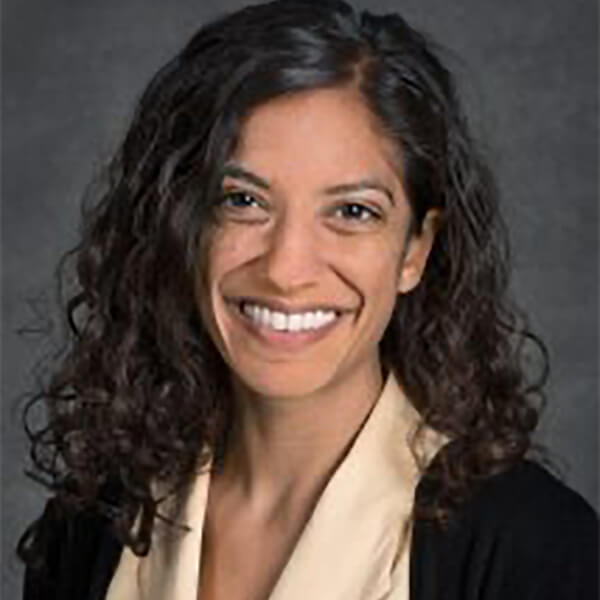Date: September 17, 2:00pm-3:30pm ET (11am-12:30pm PT)
Title: Driving Rapid Emissions Reductions in Commercial Buildings through Workforce Training and Policy
Slides: View here
Description:
Large commercial buildings are responsible for 16% of U.S. greenhouse gas emissions but are notoriously difficult to decarbonize due to the expense of replacing equipment, lack of motivation for building/portfolio owners and managers, and the dearth of training opportunities for operators.
Join us for a webinar outlining practices that can lead to rapid emissions reductions in large commercial buildings. Experts will discuss recent research projects that demonstrated 50–70% reduction in natural gas consumption in commercial buildings. They will showcase successful trainings and certificate offerings for building operators in community and technical colleges around the U.S and explore the underlying policies that can pave the way toward rapid decarbonization. The webinar will conclude with an interactive discussion on the next steps for social science research to accelerate commercial building decarbonization.
Speakers:
- Speaker 1: Paul Raftery, PhD., Professional Researcher, Center for the Built Environment at UC Berkeley
- Speaker 2: Peter Crabtree, Principal Investigator, Building Efficiency for a Sustainable Tomorrow (BEST) Center & Visiting Project Scientist, CIEE/CITRIS
- Speaker 3: Rupam Singla, Senior Project Manager, TRC
- Moderator: Therese Peffer, Associate Director of California Institute for Energy & Environment (CIEE), UC Berkeley
Format: Each speaker introduces self and background (15 minutes each). Moderator will ask questions of speakers (15 minutes), then moderate Q&A for speakers (20 minutes). The last 10 minutes will consist of breakout rooms with each speaker for individual conversations.

Paul Raftery, PhD., Professional Researcher, Center for the Built Environment at UC Berkeley
Paul has deep hands-on experience in a range of areas: HVAC engineering, energy modeling, building automation systems and controls, fault detection and diagnosis, full-scale laboratory experiments, measurement and verification, machine learning, and software development. He is an active member of IBPSA and ASHRAE, including as a voting member of ASHRAE TC 6.5 (radiant heating and cooling) and ASHRAE GPC 36 (high performance control sequences). Paul has worked as a facilities engineer, conducted research at Lawrence Berkley National Laboratory, and worked as a senior research engineer at the IRUSE group where he earned the ICT Invention of the Year award.

Peter Crabtree, Principal Investigator, Building Efficiency for a Sustainable Tomorrow (BEST) Center & Visiting Project Scientist, CIEE/CITRIS
With 35+ years of experience in workforce development and community engagement, Peter has directed numerous research and workforce development projects including 18 years as an NSF PI with the BEST Center and its predecessor projects as well as PI or PD for a wide range of other projects for the Department of Energy, the Department of Labor, the California Investor-Owned Utilities (IOUs), the Bechtel Foundation, and the Microsoft Foundation among others. Peter’s ongoing research focuses on the specification of technical expertise in high performance building operations, methods to develop adaptive expertise in building systems and building performance among faculty and students, and climate change mitigation strategies and policy development.

Rupam Singla, Senior Project Manager, TRC
Rupam is responsible for technical analysis and project management for emerging technologies and code and standards projects, with a focus on HVAC controls optimization, field demonstrations, measurement and verification (M&V), and market connections activities. Rupam is a mechanical engineer with 15 years of experience in a variety of technical areas including energy measurement and verification, field monitoring, mechanical design, and commissioning in commercial buildings. She provides project management and technical support on multiple projects with a focus on whole building and HVAC controls optimization, field demonstrations, and market connections activities.
